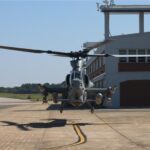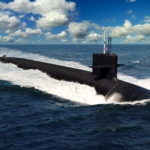
The Defense Innovation Unit (DIU) on Wednesday issued a solicitation seeking large-scale commercial solutions to provide the Navy with improved energy resilience with a better cost structure. The notice said new and future Navy platforms will need more power and energy production, storage and distribution for various applications. This includes requirements for increased “on-board storage capacity and power conversion systems, including high-voltage alternating current (AC), medium voltage AC, and low-voltage direct current (DC) interfaces.” “Commercial power solutions hold the potential…

 By
By 










